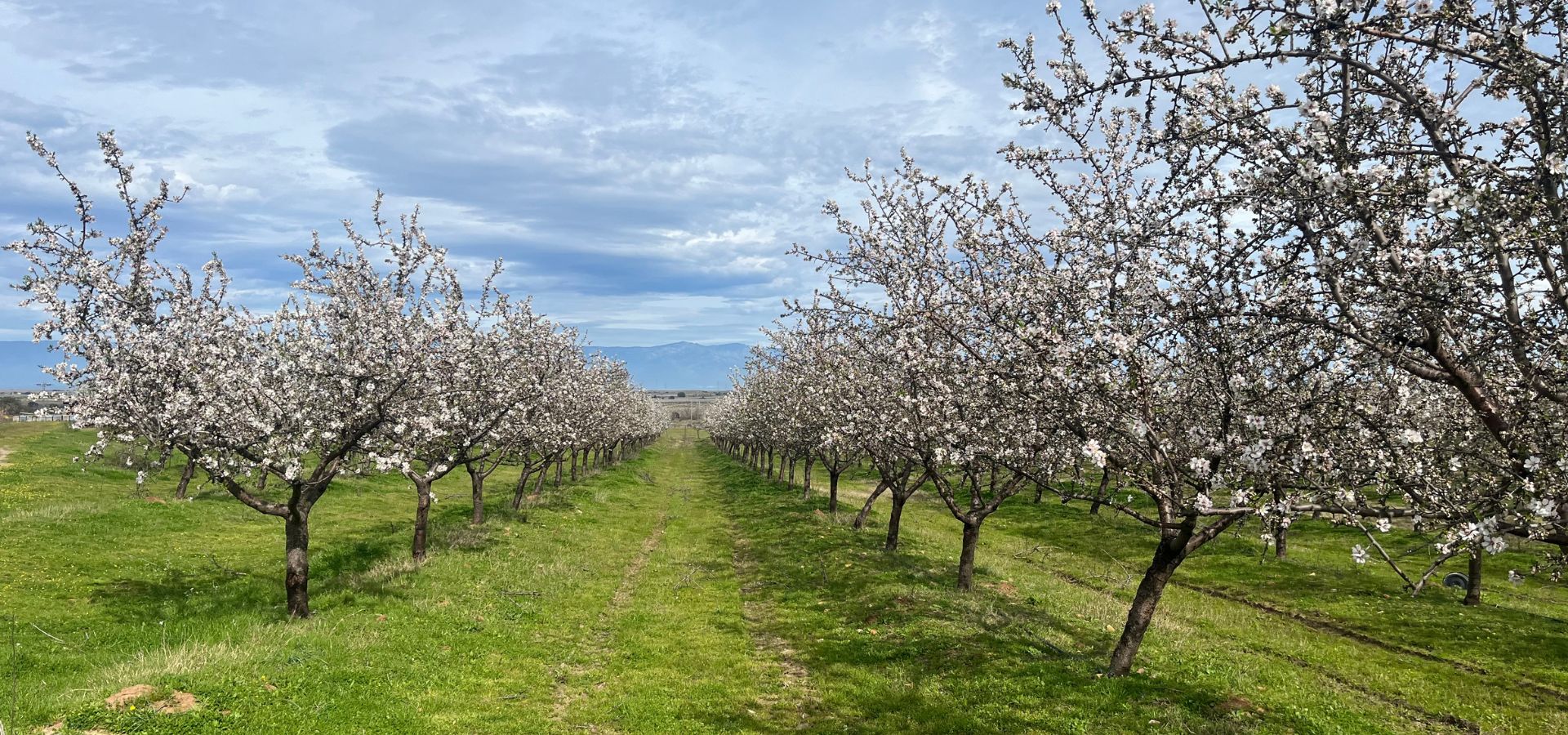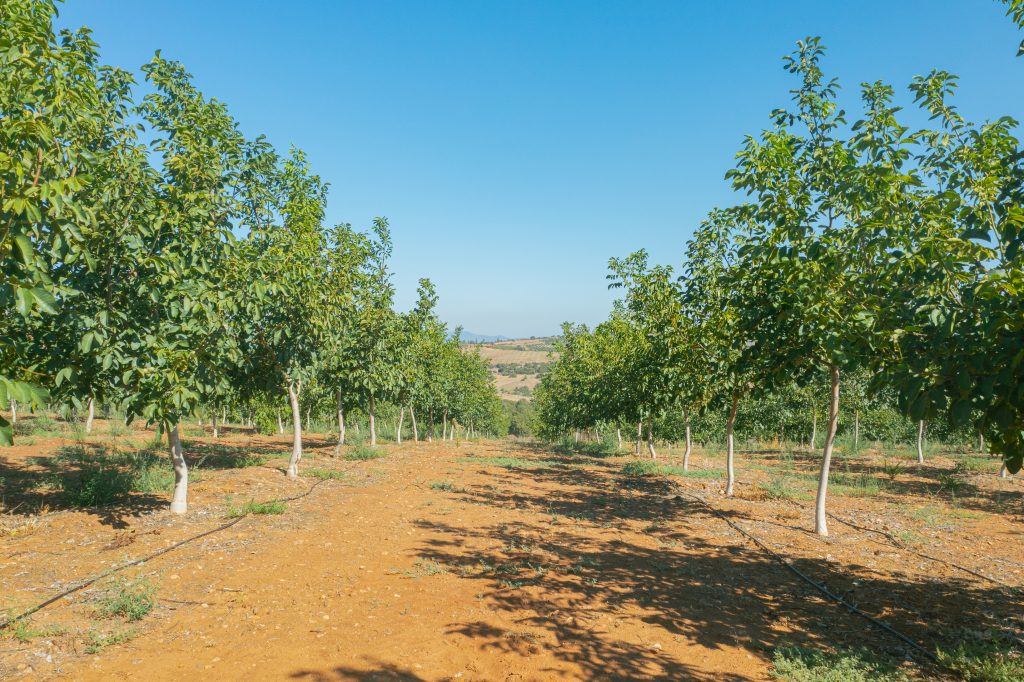The Roadmap to Investing in Managed Farmland
Investing in managed farmland is a growing trend among investors looking for stable returns and diversification. Managed farmland refers to agricultural land leased out to farmers or farming companies, with the landowner often employing a professional farm management company to oversee operations. This arrangement offers several benefits and considerations for both investors and landowners. As experts on managed farmland investment, we will take you through the nuances of investing in this unique asset class.
What Does “Managed Farmland” Mean?
Managed farmland is a system where individuals or entities invest in agricultural land but do not manage the day-to-day operations themselves. Instead, the land is managed by a specialized organization or company. Investors typically purchase a farm plot or share of a larger farm and receive returns from the agricultural activities conducted on the land, such as crop production or livestock farming. The management company is responsible for tasks like planting, harvesting, and maintenance, while investors benefit from the profits or returns generated by the farm.
Benefits of Investing in Managed Farmland
#1 Farmland is a Top Performer
Why do the wealthy invest in farmland? For one, it historically outperforms the Nasdaq, gold, traditional real estate, and the S&P 500. Additionally, farmland carries lower overall risk than traditional investments and has shown steady year-over-year value growth. While many lost money during the 2008/2009 Great Recession and the stock market decline in April 2020, farmland owners remained secure, unaffected by these fluctuations.
#2 Secure Capital Growth for Your Future
Managing farmland is ideal if you want a nest egg for your later years. Financial advisors suggest a specific asset value for retirement, intending to sell assets over time. However, market crashes like 2008 can derail plans. If you focus on income needs and establish streams that grow with inflation, you can secure capital growth for your future. Managed farmland provides ongoing income and retains its underlying value. It’s a tangible investment that can support you in retirement.
#3 Earn Income Passively
Passive income comes from ventures where you’re not actively involved; your money works for you. Managed farmland may seem dull—you buy, develop, manage, and collect a check without active involvement. But this “boring” process can be pretty exciting in terms of generating consistent income as your land produces annual yields that sell for profit.

#4 Contribute to Sustainable Investment
Owning farmland can benefit the environment and provide social advantages. Planting trees increases carbon storage through sequestration, which is crucial for reducing greenhouse gas emissions and combating climate change. Investing in agroforestry supports wildlife by providing foraging and breeding habitats vital for adaptation and survival. Permaculture options include tree planting for CO2 sequestration and habitat creation. Irrigation methods, like drip systems, minimize water waste.
Managed Farmland is Better Than Traditional Real Estate
Managed farmland allows individuals to invest in a plot and watch their assets grow without direct management. Farmlands can offer higher returns than real estate, especially in permanent crop plantations or cyclic crops. The annual yields provide economic benefits through increasing land value and crop returns, generating passive income, and contributing to the environment. The pandemic has increased interest in green investments for health reasons. Managed farmlands, like other lands, are substantial and steady resources. Depending on management and resources, they can be highly productive. The increasing land value combined with cyclical yields or timber harvests offers a wealth creation opportunity for modern investors.
Considerations for Agricultural Investors
- Market Conditions
Like any investment, the value of managed farmland can fluctuate based on market conditions, weather patterns, and other factors.
- Location
The location of the farmland can significantly impact its value and productivity. Factors such as soil quality, water accessibility, and proximity to processing facilities should be considered when selecting farmland for investment.
- Management
While professional farm management companies can help maximize returns, investors should carefully vet these companies to ensure they have the expertise and experience to manage the land effectively.
- Regulatory Environment
Agricultural investments are subject to various regulations and government policies that can affect their profitability. Investors should be aware of regulatory developments that may affect their investments.

Who Can I Invest in Managed Farmland With?
Invest in farmland without the hassle of managing it yourself. Specialized organizations like Farmland Turkey offer plots of agricultural land for sale, which our farmland management company expertly maintains. This investment model provides a safe and profitable option, combining agricultural yields with increasing land value. For example, our walnut farms in Turkey provide investors solid returns through high-yield, high-priced crop sales.
Farmland Turkey Provides a Full Agriculture Investment Plan
Our professional farmland management package is comprehensive. We carefully select and purchase agricultural real estate in prime locations in Turkey, focusing on land suitability. Our experts conduct due diligence checks on soil quality, climate, water access, and logistics. After the basic infrastructure setup, we divide the land into smaller farms. Our investment plan includes:
- Full ownership with title deeds.
- Assisting in transactions and land transfers.
- Developing agricultural land sustainably.
We provide flexible payment plans without interest for managing walnut farmland. Contracts between the client and management company outline obligations, payments, and services, ensuring legal protection for both parties. We manage all farmland processes, from planting to commercialization.
Managed Farmland Investing in a Nutshell
Investing in managed farmland offers dual income streams: selling crops and land appreciation. Unlike residential properties, agricultural lands do not deteriorate over time. They are also more affordable than urban real estate, reducing the initial investment. Farmlands with permanent crops, like our walnut farms, increase in value as trees mature. Investing in managed farmland supports nature and food production, securing future benefits.
Join the Managed Farmland Revolution
Managed farmland investments are increasingly attractive and profitable as global food needs rise. Farmers must produce more with the same resources, with ongoing population growth and limited land. Sites with reliable water resources will become more valuable, enhancing the value of managed farmland and opportunities for early-stage investors in international farmlands. Experience quality, dependability, and profitability in the agriculture industry with Farmland Turkey. Contact us today to start your bright future!
